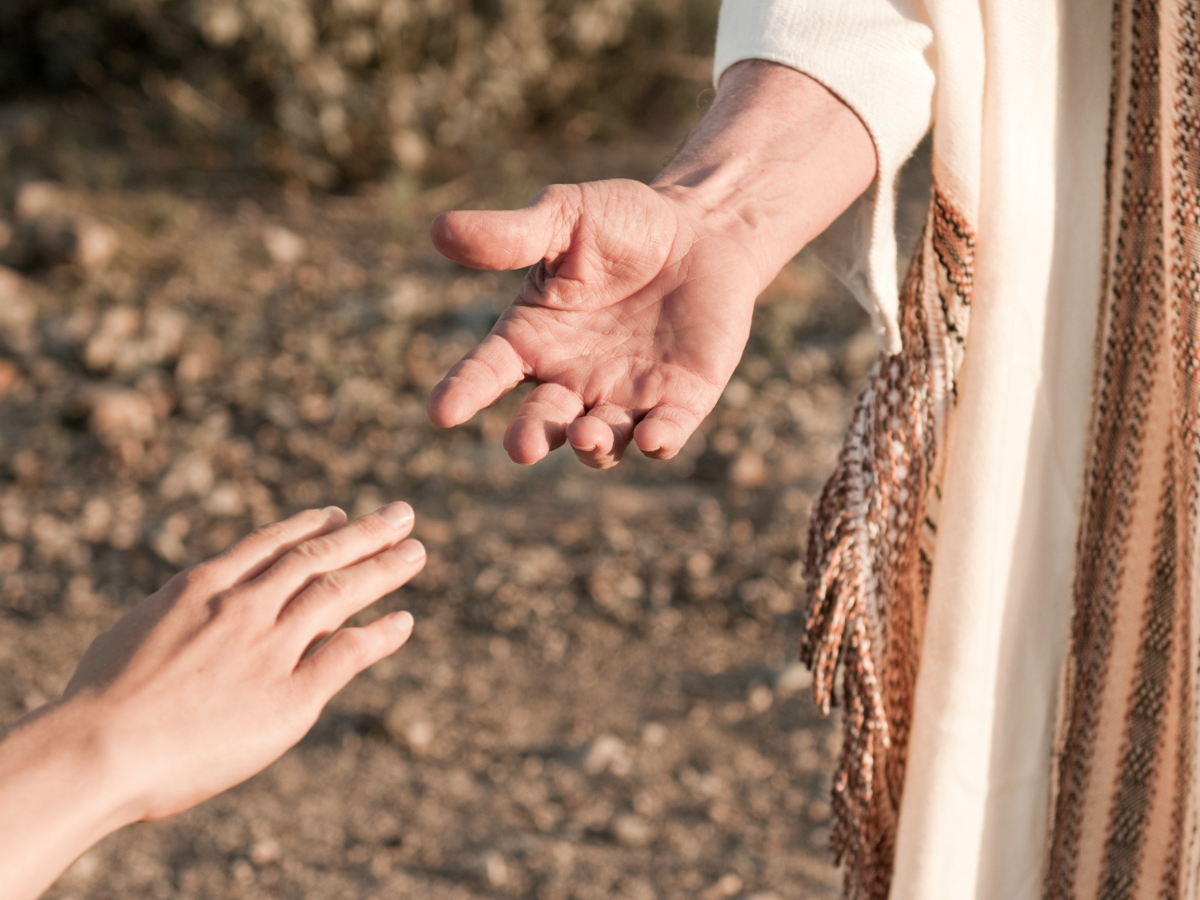When pursuing missions as a 22-year-old, a big concern I had was my ongoing struggle with depression. Even though dark thoughts plagued me on and off since early high school, I never talked about them with anyone. I remember one summer day before my sophomore year of high school, looking out my bedroom window and feeling despair settle over me.
Questions like Why am I here? Why am I even living? What’s the point? swirled in my mind, and I couldn’t answer apart from God who had put me there. Even though I trusted in God, I couldn’t shake the suicidal thoughts that came at times.
This continued in Bible college. Sometimes, I would be fine. Other times, it was all I could do to get out of bed in the morning. Friends wouldn’t have guessed it by talking to me. I hid it well. My college boyfriend was the only person I started to open up to about it. He was aware of the dark moods and suicidal thoughts, and yet he still chose to pursue a relationship with me. We got engaged despite having no answers as to why depression was so prevalent in my life. I married this same wonderful man just before my senior year of college and, unfortunately, slid into a deeper depression after my first child was born a couple of years later.
My husband and I knew God was leading us into missions, so we started praying about and exploring different organizations to serve with. The more we heard about the conditions and needs in remote Alaska, the more our hearts broke for the many kids who had no one to share the gospel with them or show them how to follow Christ. This is because the church is sparse in most of western Alaska. Many villages didn’t (and still don’t) have access to a Bible-teaching church or youth group. Most don’t know any responsible adults who love Jesus to come alongside them.
Imagine my surprise when God opened doors for us to minister in remote Alaska. Isn’t it dark there in the winter? What about isolation? It sounded like a terrible idea to send a person there who struggles with depression.
And it would have been a terrible idea if it hadn’t been for the strategic way SEND went about it. Instead of dumping us in a tiny village to figure out life and ministry on our own, our field leadership focused on building regional teams. This meant that you had teammates either in your village or another village nearby. Since my husband was a pilot, one of his focuses would be to keep our team connected.
When we arrived on the field, another missionary family who had lived there for several years took us under their wings. They helped us find a house in our village. They introduced us to people they had built relationships with, giving us “rookies” credibility. In the summer, they taught us to set a net for salmon fishing. They invited us to their kids’ birthday parties throughout the year and included us like family for holidays. Were things always perfect in our relationship? No. We had our fair share of conflict, as all teams do… but we attribute a lot of our ministry success and longevity to them.
I learned how to cut it in Alaska in this greenhouse environment. With these things in place, did I still have depression? I did. If you’ve ever struggled with depression for some time, you know that it tends to follow you wherever you go. There were moments of finding myself on my knees, asking God if he was sure this was his plan for me.
However, over the fifteen years we have been in Alaska, God did a surprising thing: he provided healing for the root cause of my depression. Although I lived in the middle of nowhere, he provided counseling and resources for me to become healthier emotionally.
Who would have guessed that I would find healing in the dark expanse of a remote Alaskan village? It’s been a long process, but it has been beautiful to watch God do it. Maybe I wouldn’t have found this same opportunity for healing any other way. Only God knows the answer to that. I’m glad I came north. I’m so happy I didn’t let depression stop me.
Does your story sound like mine? Do you wonder if you could serve in a remote place like Alaska even though you have depression at times? We have a wonderful new initiative called Project Caribou that could be just the thing to help you if God is drawing you to serve in Alaska.
Project Caribou is an initiative started by SEND North to support missionaries beginning their ministry in Alaska and northern Canada. The project involves setting up key hub villages that serve as central points where teams of missionaries can minister together in that community and the surrounding villages. This team-based approach is designed to smooth the transition into ministry and provide a support network for addressing the distinct challenges associated with ministering in northern areas. It’s about creating a collaborative environment that helps missionaries adapt and thrive in their new roles.
Learn more about Project Caribou
Watch a short video to explore this ministry





